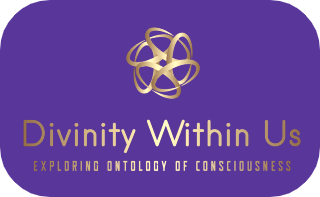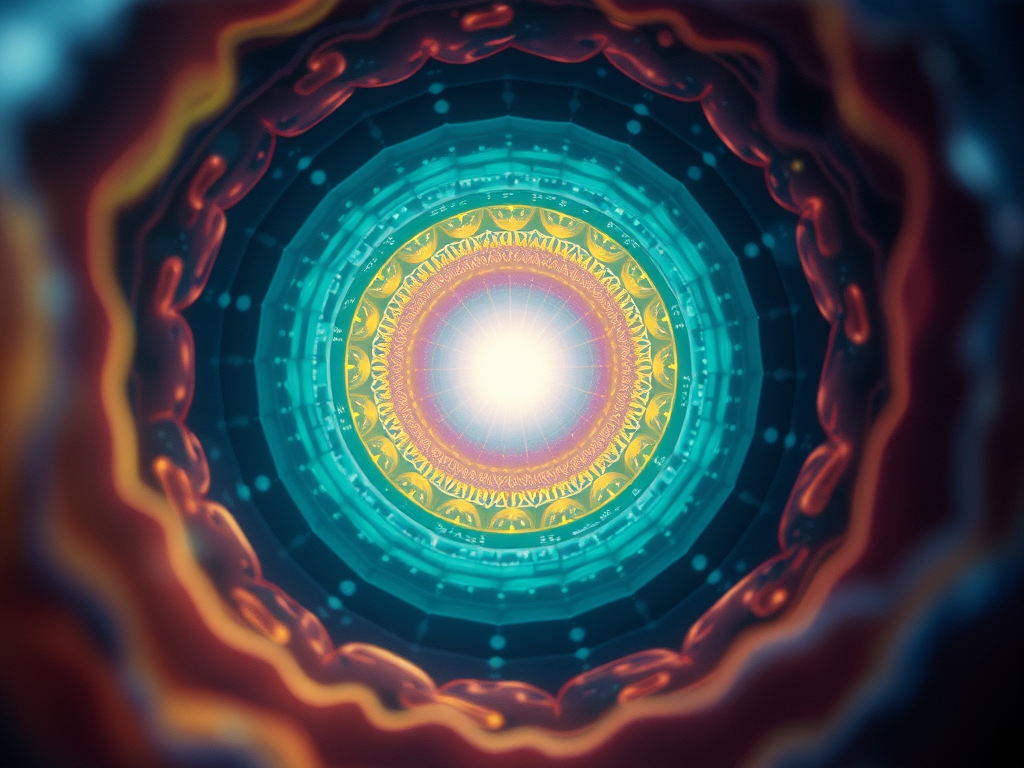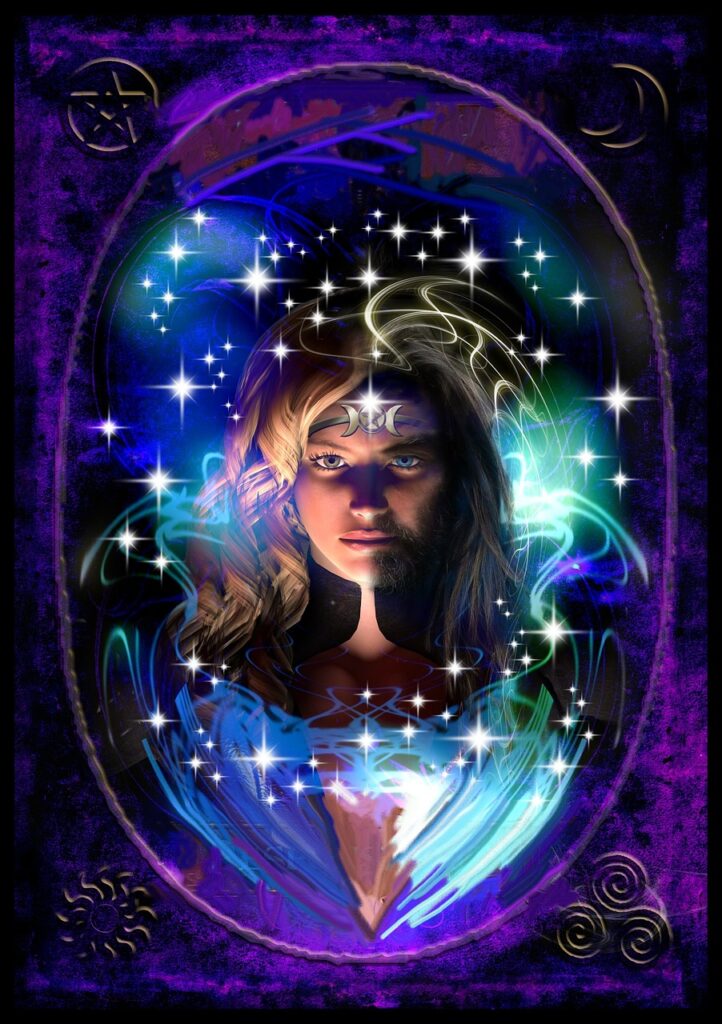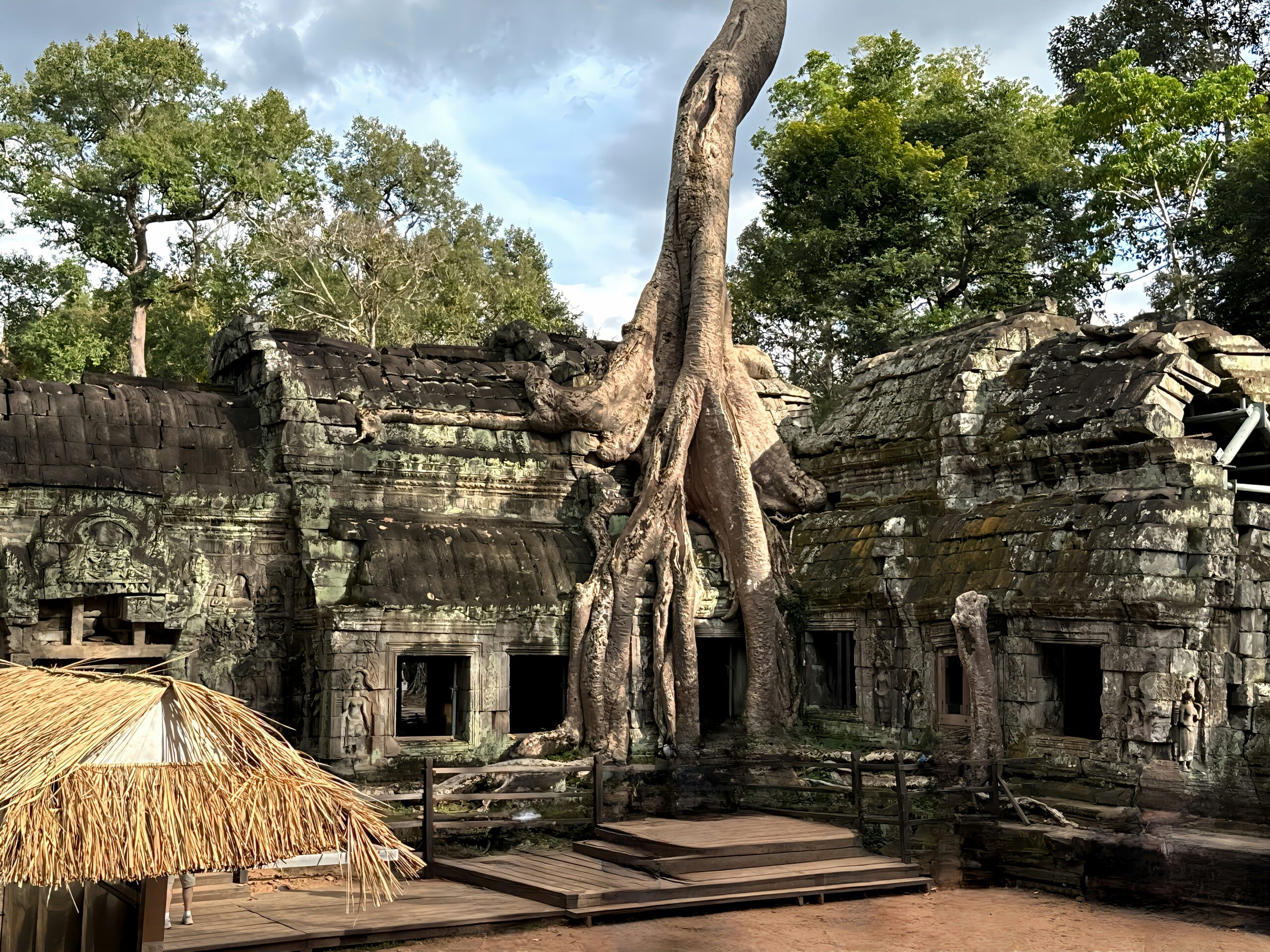Sense consciousness and divine consciousness refer to two distinct levels of awareness or states of perception. They differ in their scope, depth, and the nature of reality they reveal to the individual.
Sense Consciousness
Definition: Sense consciousness refers to the basic, immediate awareness that arises through the five physical senses: sight, hearing, smell, taste, and touch. It is the form of consciousness most people experience in their day-to-day life, grounded in sensory perception and tied to the material world.
Key Characteristics:
- Perception through the Senses: Sense consciousness is limited to what we can directly perceive through the five senses. It is concerned with objects, sounds, tastes, textures, and smells, all of which are filtered through our physical senses.
- Subject-Object Duality: In sense consciousness, there is a clear division between the subject (the perceiver) and the object (what is perceived). The world is experienced as external to oneself, and the mind interprets these sensory inputs.
- Temporal and Spatial Limitations: Sense consciousness operates within the confines of time and space. It focuses on the here and now, perceiving events as they unfold moment to moment. This consciousness is also dependent on the limitations of the sensory organs.
- Reactive Nature: Sense consciousness is reactive, meaning it interprets and responds to external stimuli. For example, we see a bright light and shield our eyes, or we hear a loud noise and turn to see what caused it. The reactions are often automatic and driven by conditioned responses.
- Associated with Ego and Survival: At its core, sense consciousness is concerned with survival, comfort, and fulfilling basic needs and desires. It interprets the world based on what is pleasant, painful, useful, or threatening, often tied to the ego’s need for security.
Example: If you are walking in a park and hear birds chirping, feel the warmth of the sun, and smell flowers, you are engaging with sense consciousness. The awareness of the external world comes through your physical senses.
Divine Consciousness
Definition: Divine consciousness refers to a higher, more expansive state of awareness that transcends the limitations of the senses and ego. It is an experience of oneness, unity, and connection with the greater cosmic or spiritual reality. Often described as the awareness of the Divine or Source, it is beyond the physical and reaches into the spiritual or universal realms.
Key Characteristics:
- Transcendence of the Senses: Divine consciousness is not dependent on the five physical senses. It is an inner experience that goes beyond sensory input to perceive the deeper, underlying truths of existence.
- Non-Dual Awareness: In divine consciousness, the subject-object duality dissolves. The individual no longer perceives the world as separate from themselves but experiences an interconnectedness with all things. It is a state of unity, where everything is seen as part of one undivided whole.
- Timelessness and Boundlessness: Divine consciousness exists beyond the confines of time and space. In this state, time can be experienced as an illusion, and there is no sense of past, present, or future. Space is no longer experienced as something external; instead, there is a feeling of infinite expansiveness.
- State of Pure Being and Love: Divine consciousness is often associated with an overwhelming sense of peace, unconditional love, and bliss. In this state, the egoic concerns of the self fall away, revealing a deeper connection with the universe or the Divine. It is an experience of pure presence, often described as “beingness” or “I am” without any attachment to personal identity or desire.
- Intuition and Direct Knowing: Rather than relying on sensory perception or logical thinking, divine consciousness often involves a direct, intuitive knowing of truth. It is an inner wisdom that arises spontaneously, without the need for interpretation or thought.
Example: In a deep meditative state, you may feel a profound connection to the universe, a sense that you are one with all life, and experience overwhelming peace or joy. This is an experience of divine consciousness, where the boundaries of the self dissolve, and there is only the direct experience of unity and love.
Key Differences Between Sense Consciousness and Divine Consciousness
- Source of Awareness:
- Sense Consciousness: Arises through the physical senses and is rooted in the material world.
- Divine Consciousness: Arises from within and is rooted in the spiritual or cosmic dimension, beyond the senses.
- Duality vs. Oneness:
- Sense Consciousness: Operates in a dualistic framework, with the perceiver separate from the perceived.
- Divine Consciousness: Is non-dual, where the sense of separation between the self and the world dissolves, revealing unity with all things.
- Temporal and Spatial Limitations:
- Sense Consciousness: Limited by time and space, perceiving reality in terms of cause and effect, past and future.
- Divine Consciousness: Transcends time and space, experiencing the eternal “now” and a boundless sense of presence.
- Reactive vs. Pure Awareness:
- Sense Consciousness: Reacts to external stimuli and is influenced by desires, fears, and egoic concerns.
- Divine Consciousness: Exists in a state of pure awareness, unattached to outcomes, and free from the need to react or control.
- Nature of Perception:
- Sense Consciousness: Perception is filtered through the mind and the five senses, often clouded by judgment and interpretation.
- Divine Consciousness: Perception is direct and intuitive, beyond thought, revealing the deeper truth of existence.
Summary:
- Sense consciousness is the ordinary, ego-centered awareness that relies on sensory input and dualistic perception. It is tied to the material world, time, and space, and often reacts to external stimuli based on conditioned patterns.
- Divine consciousness is a higher state of awareness that transcends the senses and the ego. It is characterized by unity, timelessness, boundlessness, and an experience of pure love, peace, and intuitive knowing. In this state, the individual perceives the world not as a separate entity but as an interconnected whole.
By cultivating practices like meditation, mindfulness, or spiritual inquiry, individuals can move beyond sense consciousness to experience divine consciousness, leading to a more profound understanding of themselves and their connection to the universe.






